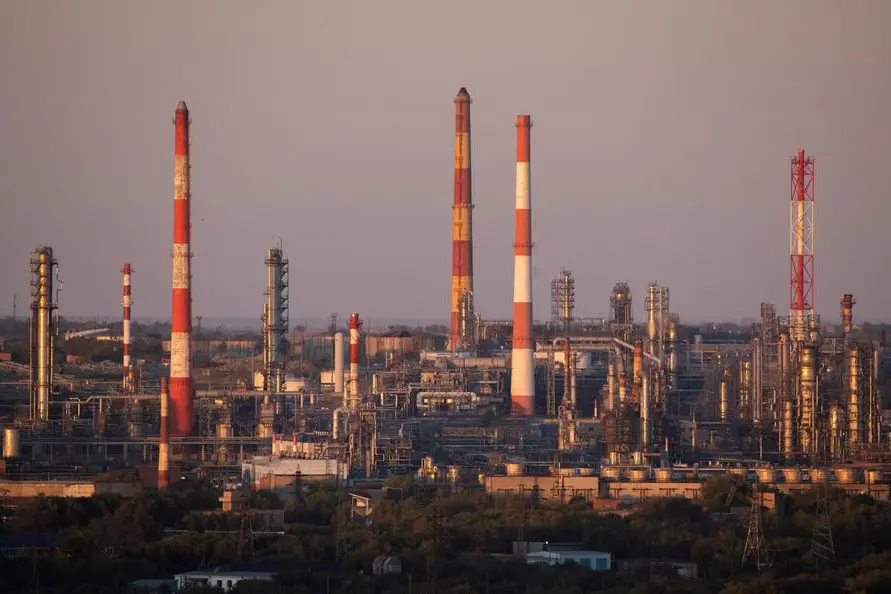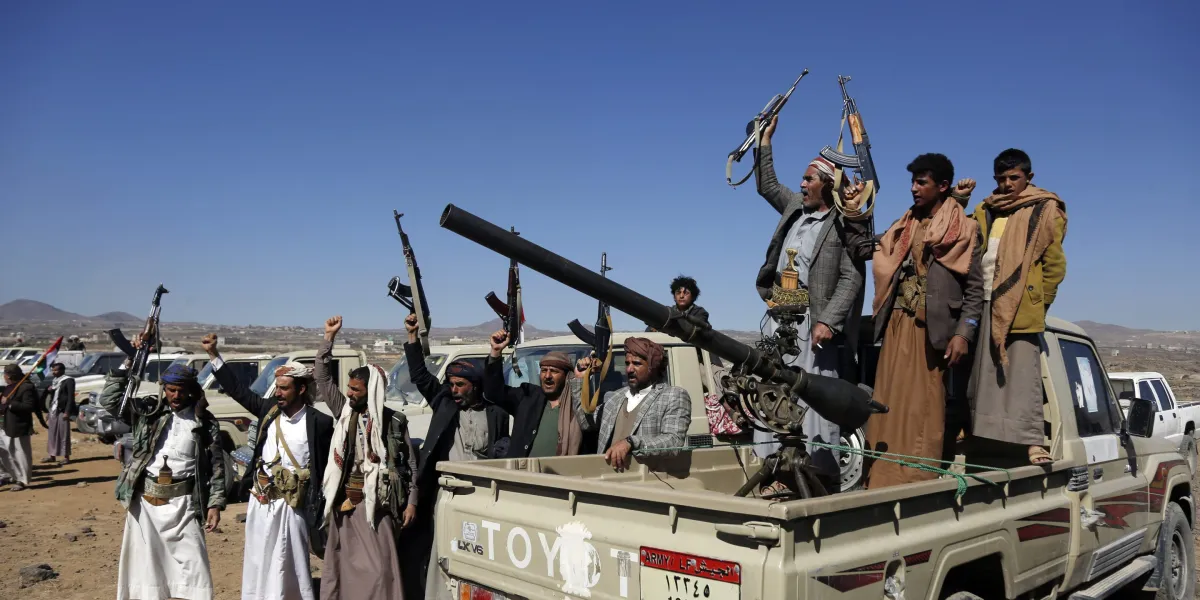US Sanctions Chinese Companies Supplying Drones to Hamas and Houthis
The U.S. has imposed sanctions on several Chinese companies supplying drone components used by Hamas and Houthi militants, citing national security and regional stability concerns.
The United States government has announced sanctions against multiple Chinese firms implicated in supplying drone components to militant groups, specifically Hamas in Gaza and the Houthi rebels in Yemen. The move is part of a broader U.S. strategy to curb the transfer of sensitive technologies that could destabilize regions in the Middle East and threaten U.S. allies.
The Department of Treasury highlighted that these Chinese companies were directly or indirectly involved in providing critical components for drones used in attacks on civilian and military targets. Officials emphasized that the components included navigation systems, propulsion units, and electronic control systems, which allow drones to operate over long distances with precision.
Background:
Hamas and Houthi forces have increasingly relied on drones in recent conflicts. In Gaza, Hamas has used drones for surveillance and targeted strikes, while the Houthis in Yemen have conducted cross-border drone attacks against Saudi Arabia and neighboring regions. U.S. intelligence reports identified that some of the components used in these drones originated from Chinese suppliers, prompting immediate action under export control regulations.
U.S. Government Statements:
Treasury Secretary: “These sanctions are necessary to prevent Chinese entities from enabling terrorism and escalating conflicts in the Middle East. The U.S. will act decisively against companies that provide material support to groups threatening regional and global security.”
State Department: Officials stated that the sanctions aim to disrupt supply chains that allow militants to manufacture drones capable of targeting civilian areas. The government also urged international partners to enforce similar restrictions to ensure accountability.
Global Reactions:
Israel: The Israeli government welcomed the move, noting that it would limit Hamas’s drone capabilities and help protect civilians in southern Israel.
Saudi Arabia: Riyadh expressed support, highlighting that Houthi drone attacks threaten regional stability and cross-border security.
China: Beijing condemned the sanctions as “unilateral measures,” asserting that the targeted firms are engaged in legitimate commercial activities and denying any involvement in arming militant groups.
Implications:
Analysts believe that the sanctions will complicate the ability of Hamas and Houthis to deploy advanced drones, forcing them to seek alternative, likely less reliable suppliers. Additionally, the move signals a U.S. intent to hold foreign companies accountable if their products are used in conflict zones contrary to international norms.
While the sanctions may escalate tensions with China diplomatically, the U.S. government maintains that national security and global stability take precedence. The step is also seen as part of a broader effort to prevent the proliferation of military technologies that can be misused by non-state actors.
Next Steps:
The Treasury has stated it will continue monitoring supply chains and exports related to drone technologies. Chinese companies found in violation of U.S. laws could face further restrictions, including asset freezes, travel bans, and penalties for facilitating the production or deployment of drones in conflict zones.
















